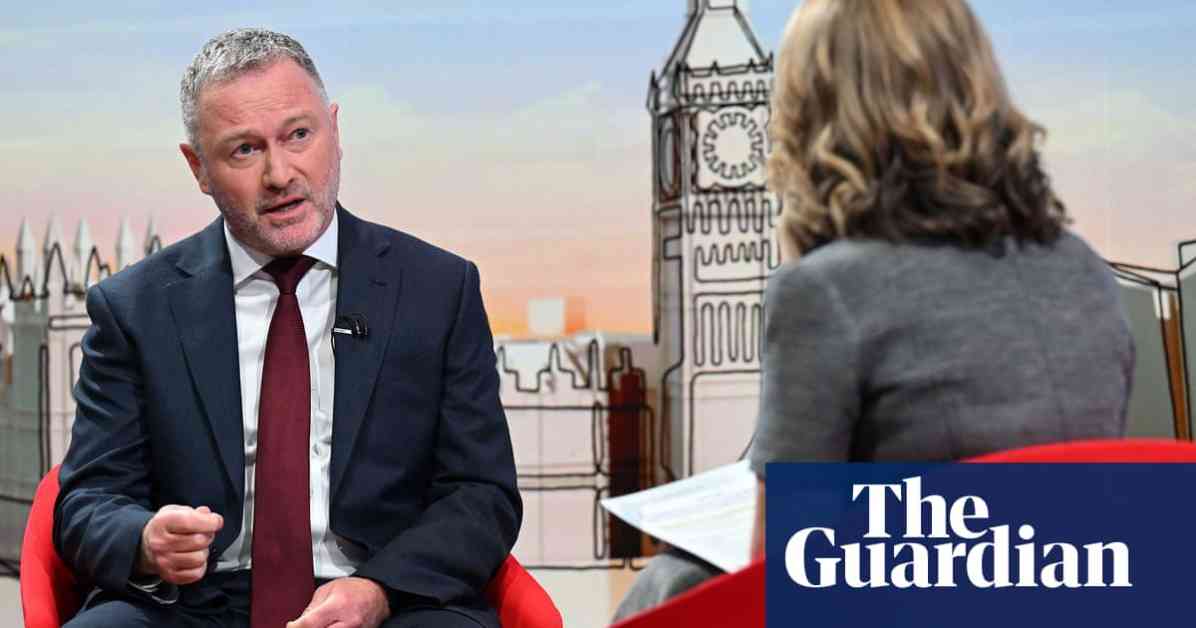The recent revelation from a cabinet minister has sparked controversy surrounding the Conservative government’s handling of public finances. Environment Secretary, Steve Reed, accused the Tories of deliberately covering up the true state of public finances, leading to a substantial financial gap of £20bn. Reed highlighted that since taking office, additional pressures and undisclosed expenses, such as the prison overcrowding crisis and the costly Rwanda asylum scheme, have surfaced.
During an appearance on the BBC’s Sunday with Laura Kuenssberg programme, Reed expressed shock at the catastrophic state of public finances, which he claimed was worse than initially expected. He raised concerns about potential Tory involvement in the cover-up and praised Rachel Reeves for exposing the extent of the financial mess inherited from the previous government. Reeves is set to unveil the results of a Treasury audit and announce a spending review and budget date in October.
Tax changes are anticipated in the upcoming budget to address the financial shortfall, with options including adjustments to capital gains or inheritance taxes and reductions in tax reliefs. Despite ruling out changes to income tax, VAT, national insurance, and corporation tax, the Chancellor is expected to announce delays to infrastructure projects to mitigate the financial crisis. This includes the postponement of new roads, rail lines, and hospital construction promised by the previous government.
In response to criticism, the shadow paymaster general defended the Conservatives’ management of public services and accused Labour of failing to deliver on their election promises. John Glen emphasized the government’s commitment to balancing tax cuts for working people with investments in essential services like the NHS and education. He highlighted efforts to streamline public services and implement welfare reforms to increase efficiency.
The head of the Cabinet Office, Pat McFadden, expressed shock at the dire state of public services upon receiving detailed analyses from cabinet ministers post-election. In an op-ed for the Sunday Telegraph, McFadden acknowledged the urgent need for infrastructure repairs in schools, the crisis in overcrowded prisons, and the soaring costs in the immigration system. He emphasized the government’s commitment to transparency and delivering tangible change, albeit acknowledging that significant challenges cannot be resolved overnight.
The revelations from Reed, Reeves, and other government officials highlight the ongoing debate surrounding public finances and the need for effective financial management and transparency in governance. As the government prepares to address the financial shortfall in the upcoming budget, the focus remains on balancing fiscal responsibility with maintaining essential public services for the benefit of the British public.












